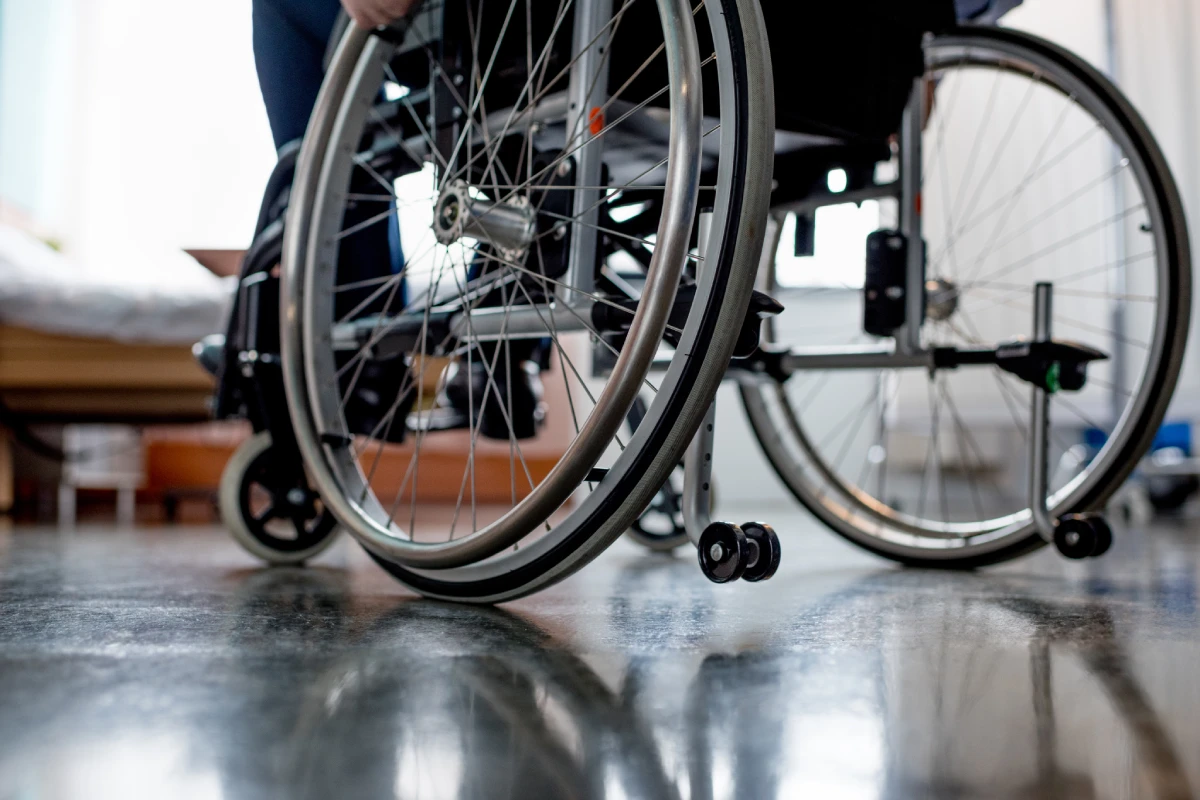Medicare Lawyer
Our Medicare Lawyers are here to help you navigate the complexities of Medicare benefits. Whether you’re seeking advice on coverage, eligibility, or disputes, we ensure you get the care and benefits you deserve.
Find out what your case is worth.
Home » New England Social Security Disability Lawyer » Medicare Lawyer
Legally Reviewed by:
Last Updated:
August 18, 2025
After you receive disability benefits for 24 months, you will automatically be eligible for Medicare Part A and Part B. However, if you have permanent kidney failure requiring regular dialysis or a transplant or you have amyotrophic lateral sclerosis (Lou Gehrig’s disease), you might qualify for Medicare almost immediately.
SS Disability Insurance & Medicare
You will receive your red, white, and blue Medicare card on the 25th month of disability. If you don’t want Part B, follow the instructions that come with the card and send the card back. If you keep the card, you keep Part B and will pay Part B premiums.
Medicare is financed by a portion of the payroll taxes paid by workers and their employers. It also is financed in part by monthly premiums deducted from Social Security checks.
Medicare – Its Four Parts
Hospital Insurance. Helps pay for in-patient care in a hospital or skilled nursing facility (following a hospital stay), some home health care and hospice care
Medical Insurance. Helps pay for doctors’ services and many other medical services and supplies that are not covered by hospital insurance
Medicare Advantage. Plans are available in many areas. People with Medicare Parts A and B can choose to receive all of their health care services through one of these provider organizations under Part C
Prescription Drug Coverage. Helps pay for medications that doctors prescribe for treatment
Medicare has been making changes to its program to help improve health care, including more free preventative services and lower prescription drug costs. Medicare now offers a yearly “Wellness” visit free of charge. This gives you the opportunity to meet with your doctor to review your health and discuss what you can do to stay as healthy as possible. Medicare also now covers screening and counseling for alcohol misuse, depression, and obesity.
Rob Levine Law Resources
An experienced personal injury attorney is a critical aspect of pursuing a claim against the person or party that caused your injury. Not only is an attorney familiar with the law, they can also help you navigate legal and practical challenges that frequently arise in any personal injury case.
A lawyer is also a great resource for addressing questions about what types of compensation you may be eligible to receive and explaining how to approach your personal injury claim altogether.
Personal injury cases have a statute of limitations, and most of them are between two and four years, depending upon the state in which you reside. As such, it’s of the utmost importance that you consult an attorney today to file your claim immediately.
Our dedicated team of lawyers and their supporting staff handle all the work for you – so you can relax and focus on healing.
Get Your Free Consultation Now
"*" indicates required fields
Notable Case Results
$90,193.70
Client was suffering from PTSD, Anxiety, Depression and Migraines due to his combat related injuries as he was in active duty during a recent war. He was unable to interact with others.
$72,542
Client was a lawyer who was going blind, unable to see in one eye and very limited in the other. As she was over 50 the judge took sympathy on her and ruled in her favor
$60,102
Client was working in the mortgage industry when he was diagnosed with a brain tumor. He suffered from eye pain, headaches and facial numbness. Our attorneys were able to get him back benefits and future benefits
Effective Advocacy for Military and Personal Injury Claims
When I searched online for an attorney to handle my claim with the military, I was lucky to find Rob Levine Law. They have proven to be very knowledgeable in personal injury law and are willing to fight for you, which they did very effectively. I am so glad they picked up the phone when […]
James H.
Highly Recommend for Personalized Legal Care
Best firm for legal services! Customer service is off the charts, and they stay in touch with you throughout the whole process. Big shout-out to Rob Levine and his law firm family. Thanks for everything you’ve done for me and my family.
Cidalia D.
Supportive and Dedicated Legal Assistance
I have been a client of Rob Levine’s for two cases. In both cases, Rob’s talented, hardworking team helped me win 🏆. I’m so happy and proud of all the people who helped me. I got really hurt, and they were there to listen and support me.Thank you so much, y’all. Thank you, Rob, you […]
Moe A.
Additional Resources
Related Pages
While no illness, injury, or medical condition automatically qualifies you for Social Security Disability Insurance (SSDI) benefits, certain severe conditions...
Bulging discs, “slipped” discs and herniated discs can cause severe back pain and discomfort. Chronic back pain is one of...
Cervical arthroplasty is one of several treatment options for those experiencing chronic spinal cord conditions, such as cervical disc degeneration....




